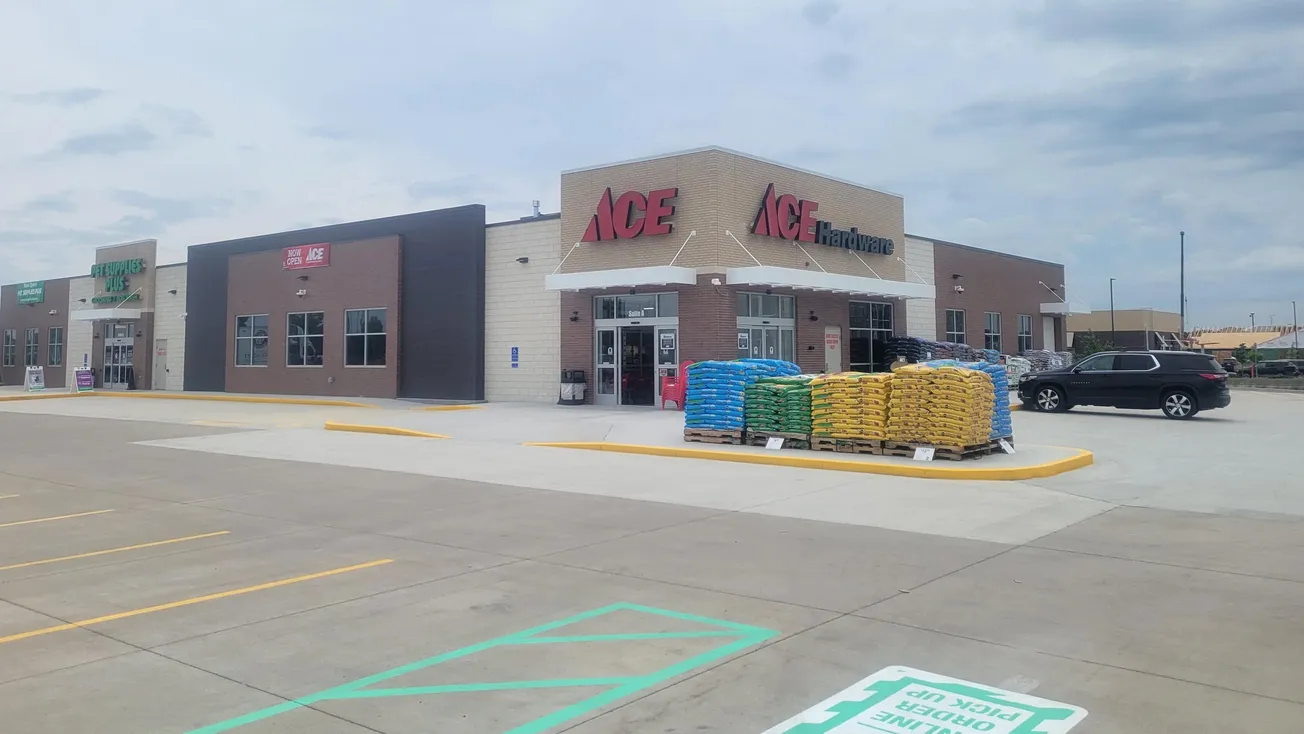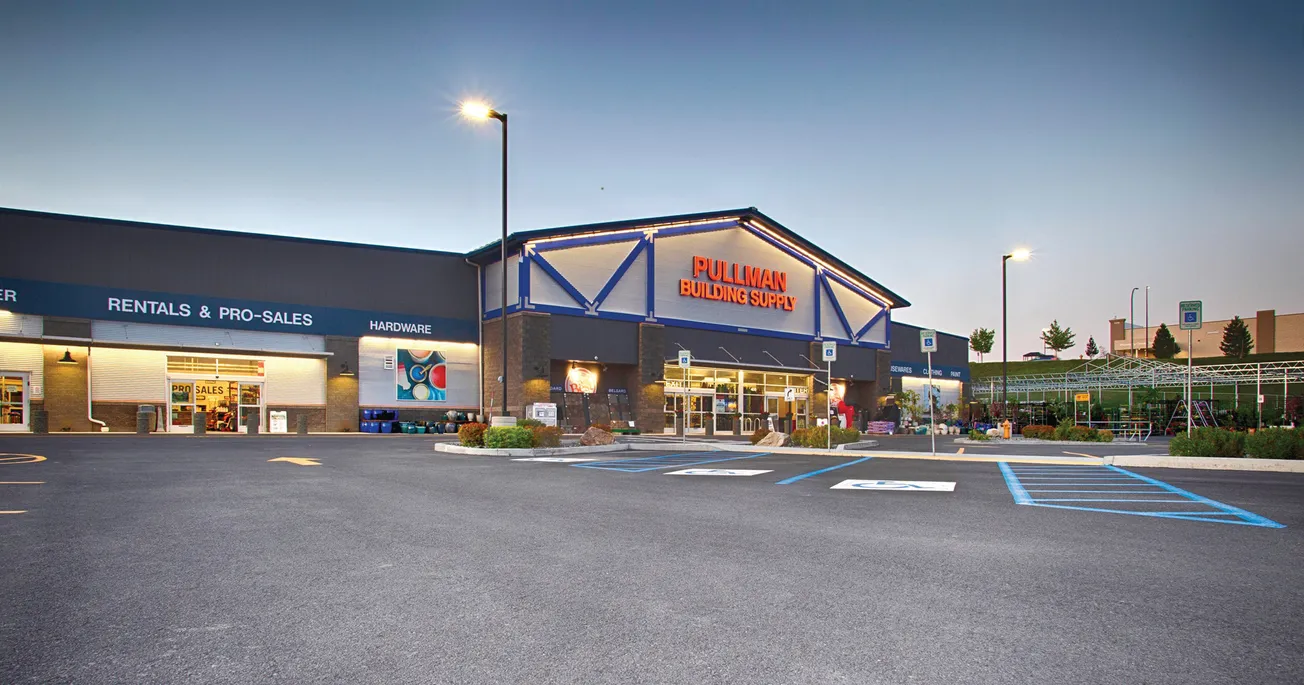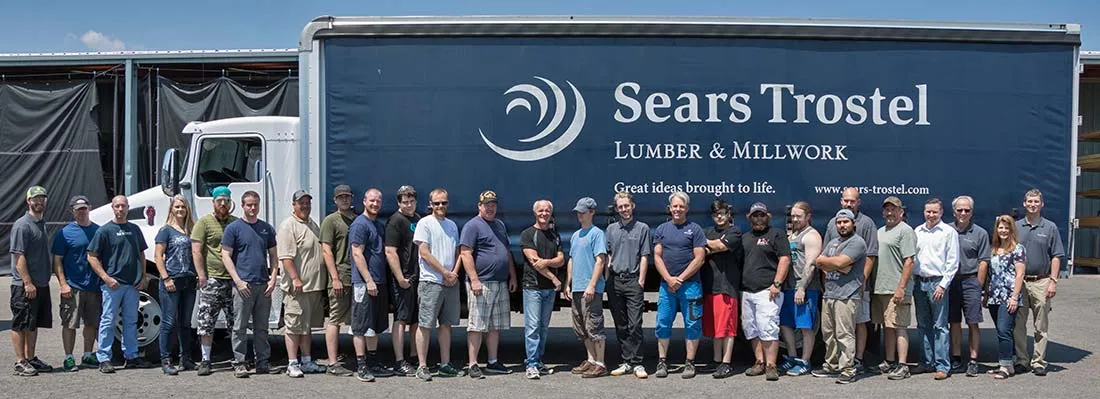Table of Contents
When I ask sellers, “What is your sales approach or style?,” 99% of them say they are “relationship sellers.” Ask an experienced veteran what it takes to be successful in sales and they’ll say it’s a “relationship” business.
What does relationship selling mean? To most sellers it means, “I’ll be as nice as possible, give great service, and hope the customer likes me best.” This strategy works, but doesn’t ensure the number one supplier position in the long run and doesn’t produce immediate results in the short run.
Accelerating Relationships
Our human DNA screams for us to go slow in developing relationships. Our ancestors survived because they made the correct choices on the alliances they made.
While our DNA screams for prudence, our companies and bosses scream for immediate, if not sooner, results. Our challenge is to fight our human nature and that of our clients, and create high-trust relationships, quickly.
There are three things that will accelerate our (high-trust) relationships with clients faster:
• Naive confidence. As unnatural as it may seem, we as sellers need to approach each encounter with customers, especially early in the relationship, with a naive confidence that they are going to do business with us. We may know in our hearts and minds that many people are going to say no early in the relationship, but we need to act like they are going to buy from us. Too many sellers act and sound as if the customer is going to say no and, lo and behold, they do.
If we act “positively naive,” will customers say no to us? Yes, they will. But they will say yes sooner. We, as sellers, have a problem acting like people will trust us early because, even though we want people to trust us and buy from us early in the relationship, we empathize—too much—with their feeling of “let’s-wait-and-see-how-it-works-out.” All too human, but working against us.
• References. Humans—our customers—want, need and deserve references. When we supply a letter of reference from a satisfied customer in a competitive market, we absolutely will accelerate the trust factor with customers. Warm calls are great calls.
• Competence. We need to show competence early with customers. We need to know what we are good at and demonstrate it as early as possible.
First-Call Relationship Acceleration
The first call is not a sales call. We are qualifying our potential account. We are not trying to (overly) prove ourselves to them. If they fit our profile we know we can help them. If we act like we are trying too hard to sell them on the first call, we will fall into the “order-grubbing” pile of needy salespeople that are just around for the order. Resist all efforts by the customer or yourself to sell on the initial call. This shows confidence and competence and allows us to listen to the real needs of customers to set up a meaningful second call. Note: First call follow-up email and reference letters are critical for relationship acceleration.
Second-Call Relationship Acceleration
Our first and second call work together. Our goals on the first call are to find out does our customer:
• Buy what we sell
• Buy it the way we sell it
• Buy enough
Most sellers have to re-prospect the customer on the second call, which is irritating and frustrating to the customer—not a good way to start (accelerate) a relationship.
If they qualify, we know we can help them so on the second call we act in a positively naive way, meaning, acting like we believe they are going to buy from us. We project this in everything we say, especially in our tone, that we expect them to buy from us.
We are going to come into the second call positively/ naively assumptively, expecting our customer to buy from us. Will many of them say no? Yes. But many will also feel and remember that feeling of “I-know-we-are-going-to-do-business” for the third call and beyond.
Creating relationships takes time. Keeping our attitude open and positive early will accelerate the relationships as we build and grow our business.









